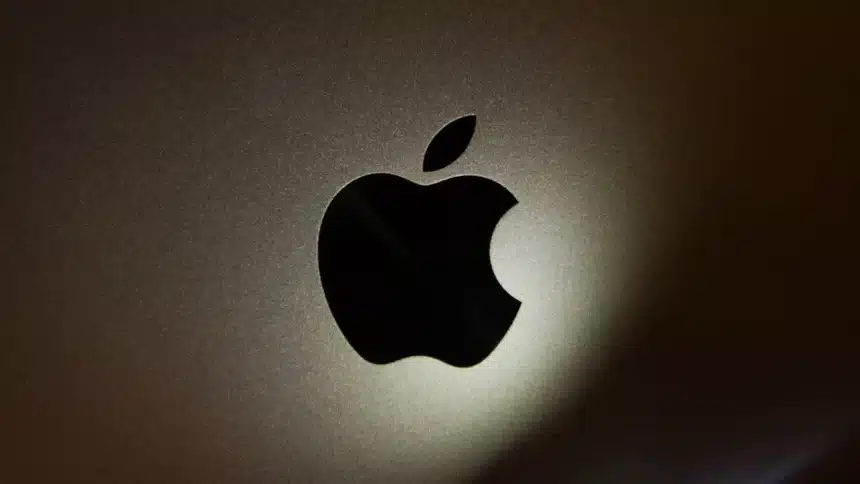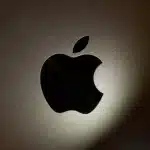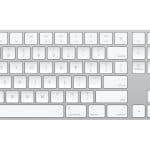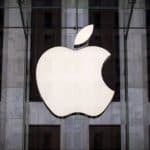Analyst Ming-Chi Kuo has advised Apple to absorb the new 25% tariff on imported iPhones instead of moving manufacturing to the United States. The recommendation comes in response to former President Donald Trump’s call for Apple to shift production to the U.S., warning of tariffs on any iPhone made overseas.
Kuo argues that taking the tariff hit is still more profitable than relocating operations. Manufacturing in the U.S. would cost significantly more and take years to establish. In fact, one estimate suggests that Apple would spend $30 billion just to move 10% of its supply chain to the U.S. Morgan Stanley projects that the true cost could run into hundreds of billions of dollars.
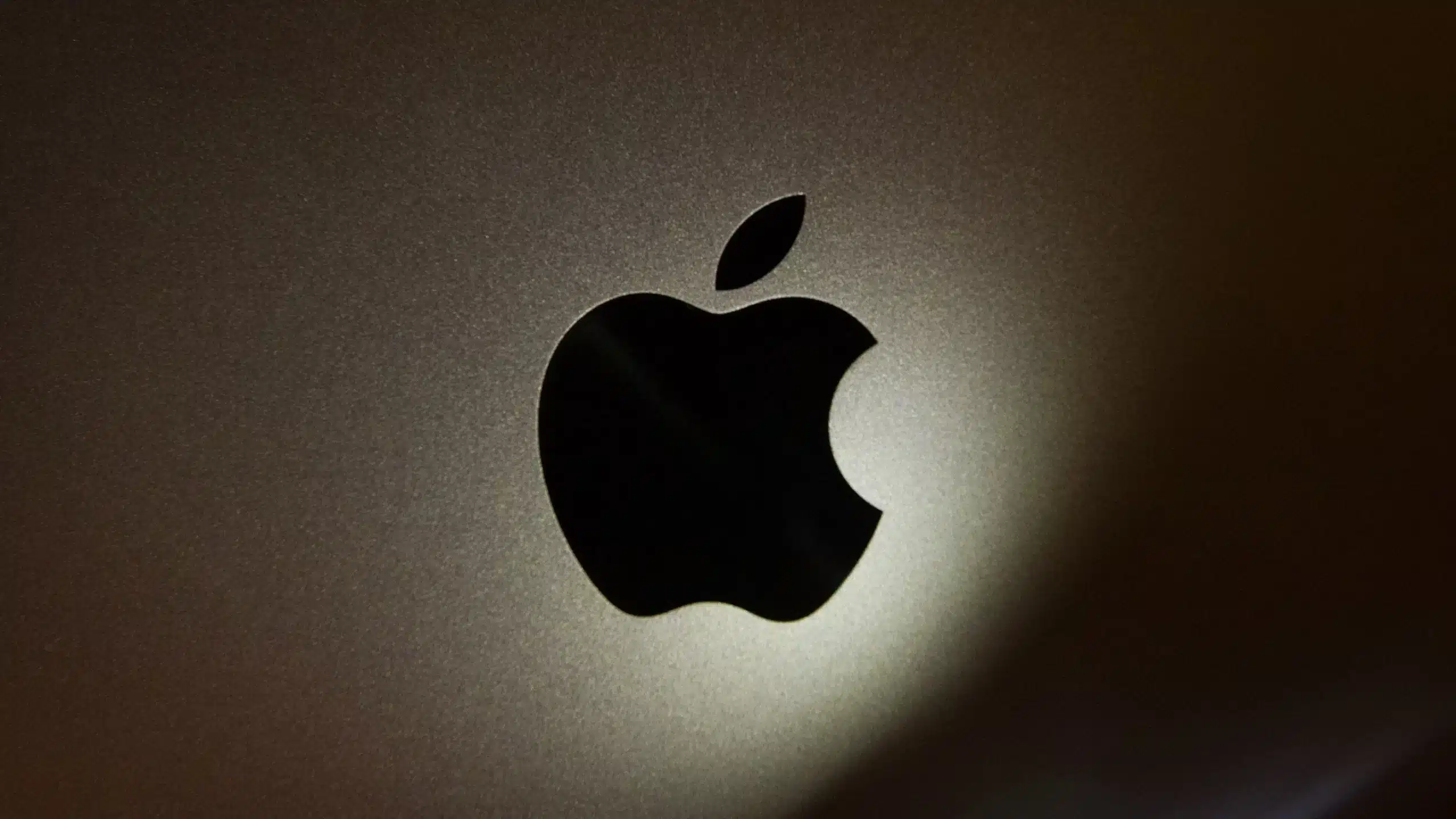
Tariff Costs Are Manageable for Apple
Despite the hefty 25% tariff, Kuo believes Apple’s current strategy is financially sound. For example, Apple already faces a $900 million tariff bill this quarter, yet it continues to perform strongly. The company’s ability to absorb such expenses without significant operational strain highlights its robust financial health.
Each iPhone model would be taxed differently under the new rule, as the tariff applies to the import price rather than the final retail price. Nevertheless, Apple’s pricing strategy and market control allow it to adapt quickly.
Supply Chain Strategy Is Already Evolving
Apple has been gradually shifting its manufacturing footprint. Suppliers have spent over $16 billion moving operations from China to countries like India. Foxconn, one of Apple’s key partners, plans to double its iPhone output in India by the end of 2025.
This trend shows Apple’s long-term goal to diversify production. However, the transition is driven more by risk management than by political pressure.
Political Moves vs. Practical Decisions
Trump’s tariffs aim to boost domestic manufacturing, but they may be doing the opposite. Without major investments in workforce development and infrastructure, experts say these policies may end up hurting U.S. businesses instead of helping them.
Kuo concludes that Apple should focus on maintaining its global supply chain while navigating tariffs strategically. For now, absorbing the cost seems to be the smarter move.
